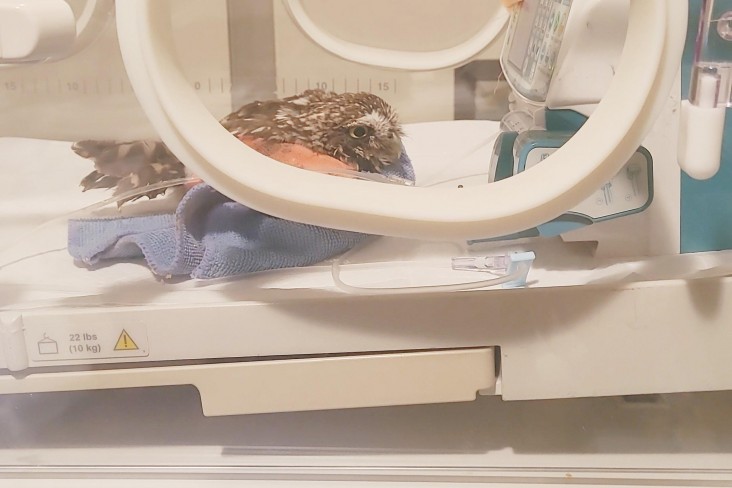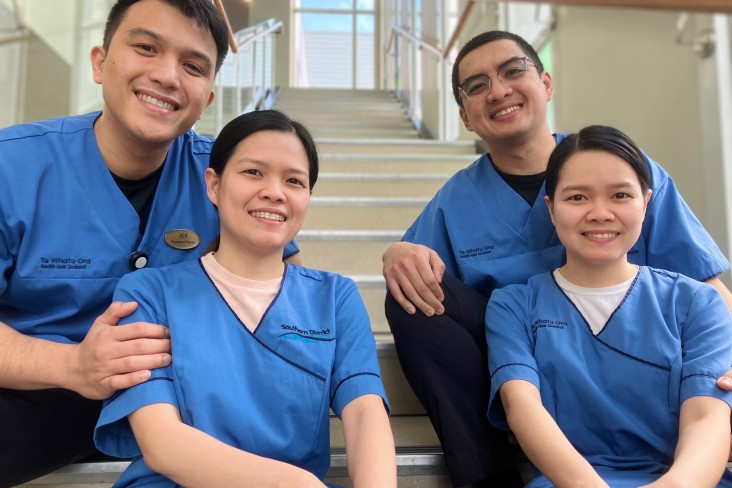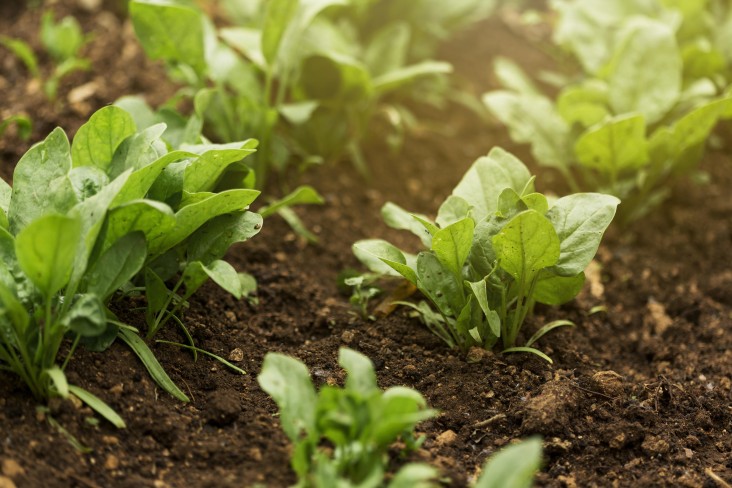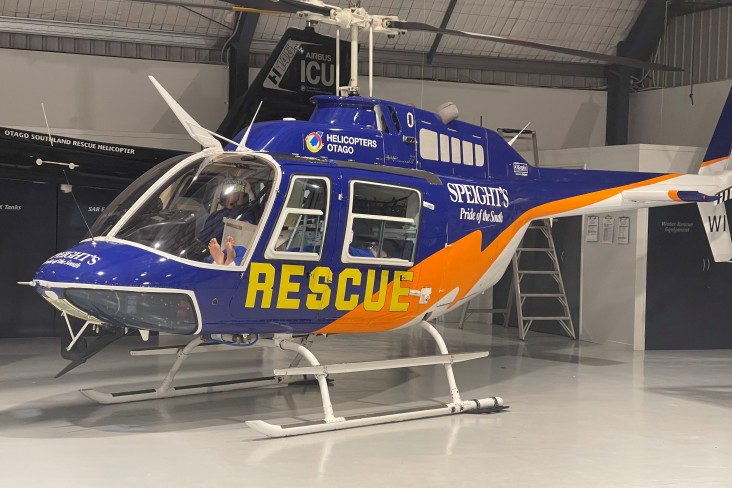Three decommissioned incubators from Dunedin Hospital's Neonatal Intensive Care Unit (NICU) were recently donated to Avian Rescue Otago for treating featherly patients.
Alan Parker, an Advanced Avian Veterinary Nurse, runs Avian Rescue Otago, a non-profit 24/7 emergency bird rescue based in Central Otago and specialising in critical care and intensive care nursing. Alan reached out to Te Whatu Ora Southern last year seeking equipment like incubators for the care of injured or sick birds, most of them being little owls, hawks, and falcons.
"A lot of our birds arrive here because they are the sickest of the sick so thermal regulation for our patients is key when dealing with them. We had a smaller Brinsea ICU, but seeing over 400 patients last year, a majority of them require being kept in a temperature-controlled environment, so we were desperately needing old baby incubators and really any other old equipment," Alan said.
The request was soon shared among departments by Heather Fleming, Te Whatu Ora Service Manager for Southern, who was able to organise the donation of three decommissioned incubators from the NICU at Dunedin Hospital.
"We had three incubators being decommissioned (end of life for clinical use, no components able to be re-used, and fully depreciated), and were waiting for replacements before decommissioning. Two replacement incubators arrived in January and the third in February, so we were able to proceed with the donation of all three," Juliet Manning, NICU Charge Nurse Manager, shares.
Alan shared the good news of the donation on the Rescue's Facebook page.
Avian Rescue Otago has a focus on birds of prey, which tend to be bigger birds, so the incubators work well for them.
"It's great to see them going to good use rather than being scrapped into landfill," Juliet says.
Alan is very grateful for the donation.
"I appreciate it so much. The incubators have already been put to use. This little owl in the pictures below was found in a critical condition a few days ago in Queenstown suffering frounce, a condition that causes large caseous masses to form in the mouth and esophagus. The owl was severely underweight, suffering severe paralysis as a result of the frounce, and also had a head injury and was in total circulatory collapse. He had an Intraosseous catheter placed in the radius and was placed on a fluid pump to deliver continuous fluids along with electrolytes. Crop tubing for providing food is required. The incubators are perfect for a case like him," Alan said.



